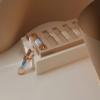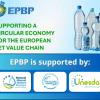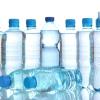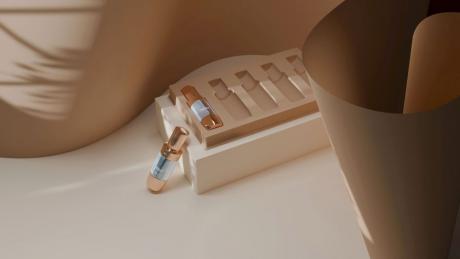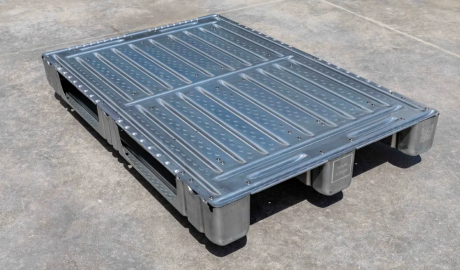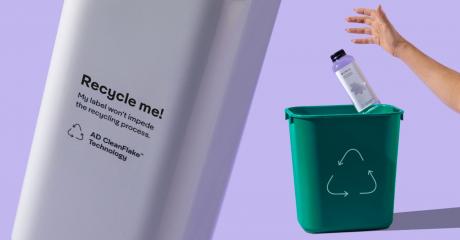Lidl Switzerland and Empa, the Swiss federal laboratory for materials testing and research, have jointly developed a protective cellulose coating for fruit and vegetables. This new film is obtained from residues from the pressing of olives, including skins, kernels and pulp, and in the future will be applied on Lidl Switzerland products, allowing a reduction in the variety of packaging.
A long-standing objective of Lidl Switzerland has been that of reducing plastic packaging. The company, which is constantly looking for new alternatives to plastics, turned to Empa which, thanks to its decade long experience in the field of research on cellulose products, created a protective coating for fruit and vegetables derived from renewable raw materials.
In this context, in over a year of work at the Cellulose & Wood Materials laboratory of Empa, the researchers have developed a special protective cellulose coating that can be used on fruits and vegetables to ensure longer shelf life. The coating is sprayed on the products or applied by immersion, and can be easily eliminated with running water. In addition, since it does not pose any risk to consumers, it can also be consumed with the fruit.
This cellulose coating will be tested and perfected over the next two years by Empa together with Lidl Switzerland and with a supplier of fruit and vegetables. The project is financially supported by Innosuisse, the Swiss Innovation Agency. The aim is to introduce this new application in all of the more than 150 Lidl stores in Switzerland.


